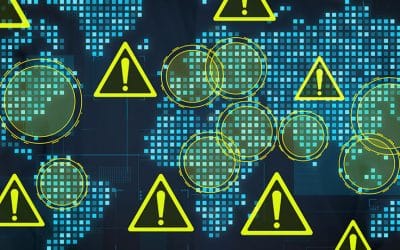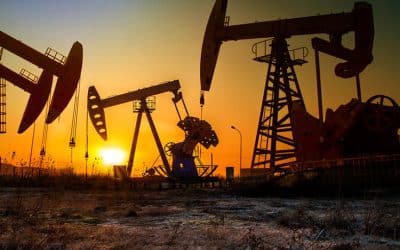¿Re-powerEU? Yes, please

Redacción Mapfre
REPowerEU is a way to accelerate and reshape the EU’s energy transition towards self-sufficiency, phasing out energy dependence on Russia and accelerating the transition away from fossil fuels in the medium term.
To do so, an additional investment of 220 billion is needed between now and 2027, which would be offset by potential savings of 100 billion a year in Russian fuel. In order to fund the plan, the Commission proposed specific amendments to the Recovery and Resilience Facility (RRF).
The bulk of the funding needed can be sourced from the RRF (the loan-based part of Next Gen EU), since, as of today, there are 225 billion euros available. In addition, thanks to the great flexibility in the reallocation of money, decision makers are considering allowing countries that have already borrowed to come back for additional loans.
The Commission has proposed boosting long-term energy saving measures, including a very ambitious increase of the EU’s binding energy efficiency target from 9% to 13%. Member States are also “encouraged to employ fiscal measures to contribute to energy savings.” Elsewhere, a new “EU Energy Platform” has been created to enable common energy procurement, and a “joint purchasing mechanism” has been proposed.
Below, I offer some thoughts on the measure:
- It’s not that simple. All changes must be approved by the Council and, most likely, by all EU parliaments. This will be met with resistance from some members who are more ideologically aligned with Russia.
- It’s dangerous. The Commission’s proposal on the EU’s energy strategy risks ending up like the game of chicken, where the ideal outcome sees one player give in to avoid the worst outcome if neither gives in, because nobody wants to look like a ‘chicken.’ In this situation, there can only be conflict or conciliation. However, there are no signs that Russia will withdraw, and the EU continues in its efforts to avoid dependence on Russia’s resources, although there is a non-negligible risk of ending up in a mutually destructive situation.
- Climb out of one problem to fall into another The Commission proposed increasing the primary target for renewables from 40% to 45% by 2030 and, thereby, save up to 35bcm of natural gas by 2030. However, the shift from fossil fuels to renewable energy will shift the EU from one dependency (Russia) to another (China) which has the rare sands and metals needed to make it work. China is a trustworthy partner, for now.
In short, it is an ambitious plan worthy of praise, but it remains difficult and has its fair share of risks and caveats. It will not be an easy transition to manage from a social and political point of view, since it will involve costs that are hard to distribute equitably. Meanwhile, Europe faces major structural challenges beyond energy, such as rebuilding minimum security and military capabilities, which would require large mandatory public spending whose strain, together with that stemming from COVID-19, has yet to be ‘factored in.’
Gonzalo de Cadenas-Santiago, Executive Director at MAPFRE Economics


